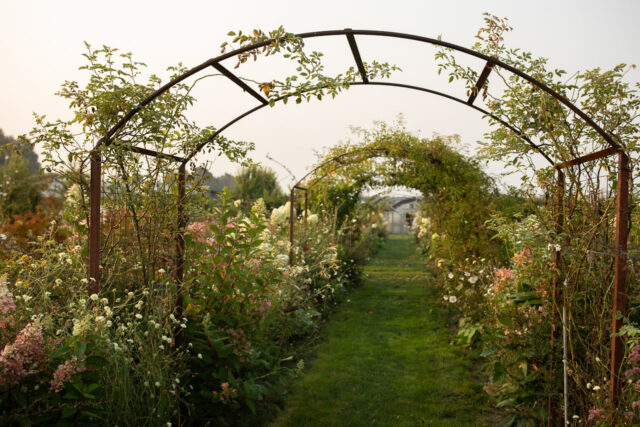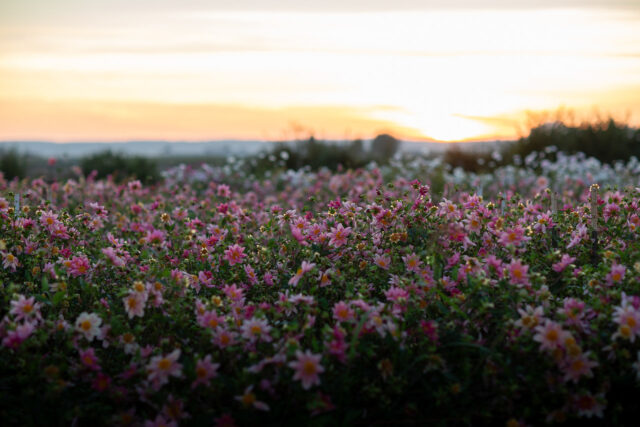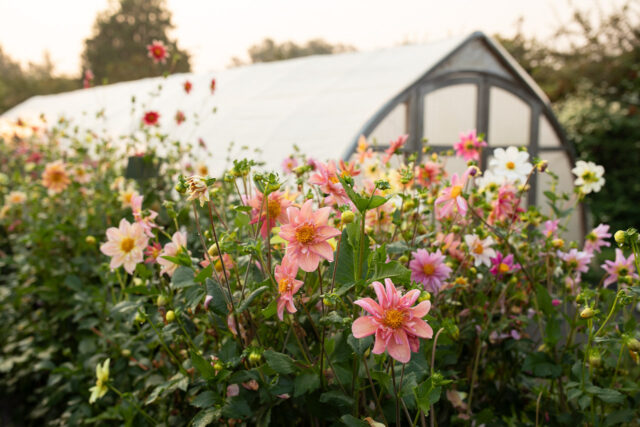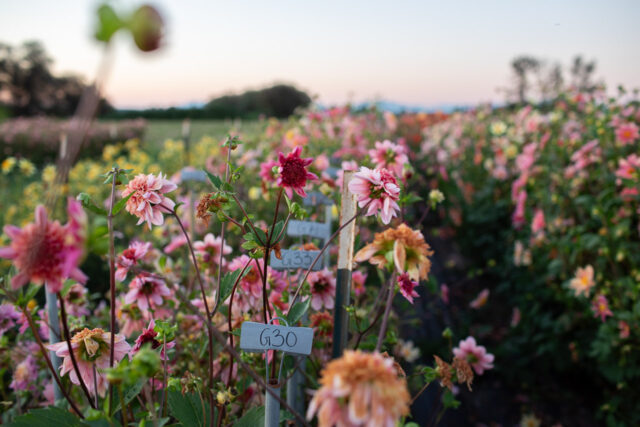
Meet the 2025 Floret Scholarship Winners
Share
Each fall, our team looks forward to reading the thousands of essays we receive as part of our annual Floret Scholarship process. We’ve been offering scholarships for 12 years now (ever since our first on-farm workshop) and it’s still just as exciting and rewarding as it was in the early days.
It’s such an honor for everyone involved to get the opportunity to hear from so many deserving people all over the world about their lives and their hopes and dreams for the future.
We had originally planned on awarding 20 scholarships, but three generous donors came forward allowing us to increase the total to 23! Each scholarship recipient will receive free tuition for the Floret Online Workshop, which kicks off in January. Registration for the 2025 class will be open October 14–18, 2024.
 In total, we received 3,458 applications from 76 different countries, including Ethiopia, Lithuania, the Republic of the Congo, and Zimbabwe just to name a few.
In total, we received 3,458 applications from 76 different countries, including Ethiopia, Lithuania, the Republic of the Congo, and Zimbabwe just to name a few.
Every year as we’re reading through applications, it’s inevitable that some key themes emerge. Our incredible review team also pulled aside some stand-out quotes as they read through the essays.
This year, we had a very high percentage of applicants who applied for a scholarship in the past. And even though they weren’t selected previously, the process helped them get clear on their hopes and dreams and apply again, this time with more defined goals and renewed determination. The word grit came up so many times!
“Last year at this time, I filled out this application and had a dream of a large garden expansion, [to] build a roadside flower cart, and start selling flowers. Did I do it? Yup, sure did! Did it go better than I had thought? Yup, sure was amazing! Do I need more tools in my toolbelt to keep having a successful year after year? ABSOLUTELY!”
 Healing and transformation
Healing and transformation
Many applicants shared stories of how growing flowers helped them overcome personal challenges, such as mental health issues, feeling burnout from demanding careers, or major life changes like a devastating health diagnosis or the loss of a loved one.
“Flowers are like humans; they start from a seed and grow with love and nourishment. They are different and unique. They have struggles; but each day they can start over, be replanted to make a difference in someone’s life.”
Flowers were described as a source of therapy, joy, renewed purpose, and hope.
“Maybe flowers could heal me. They have already started to bring me out of the dense, unyielding fog of burnout. Maybe I could help heal other nurses, too.”
Growing and sharing flowers has helped so many people combat feelings of loneliness and isolation, especially over the past few years.
“Flower farming is not easy and for me, it is also lonely. Loneliness is one of the reasons I love being front [of] face with my customers, selling and talking about the flowers they are taking home and how to care for them.”
“Flowers are my freedom. My companion. Flowers saved me.”
So many applicants, especially those in caregiving roles, viewed flower farming as a path to personal empowerment and self-discovery, often after years of prioritizing others’ needs over their own.
 Community and connection
Community and connection
A significant number of applicants expressed a desire to grow flowers to better their communities in many different ways. Some want to provide locally-grown flowers to nursing homes, deliver flowers to women dealing with postpartum depression, support and uplift LGBTQ+ youth, and use their gardens to provide a sanctuary for neurodivergent adults and children.
“In my conservative area, safe spaces for LGBTQ+ youth are scarce. By combining beautiful blooms with education and support, we can create a unique haven that brings families closer and promotes acceptance.”
Several applicants, particularly those in rural areas, saw flower farming as a way to breathe new life into their communities and preserve agricultural traditions, especially in areas where farmland is being lost at a rapid rate.
“Our state is losing farmland at the fastest rate of any state. We are a community where people retire, and we want new residents to grow more flowers and less grass. We want them to protect the pollinators and our river and ocean ecosystems.”

